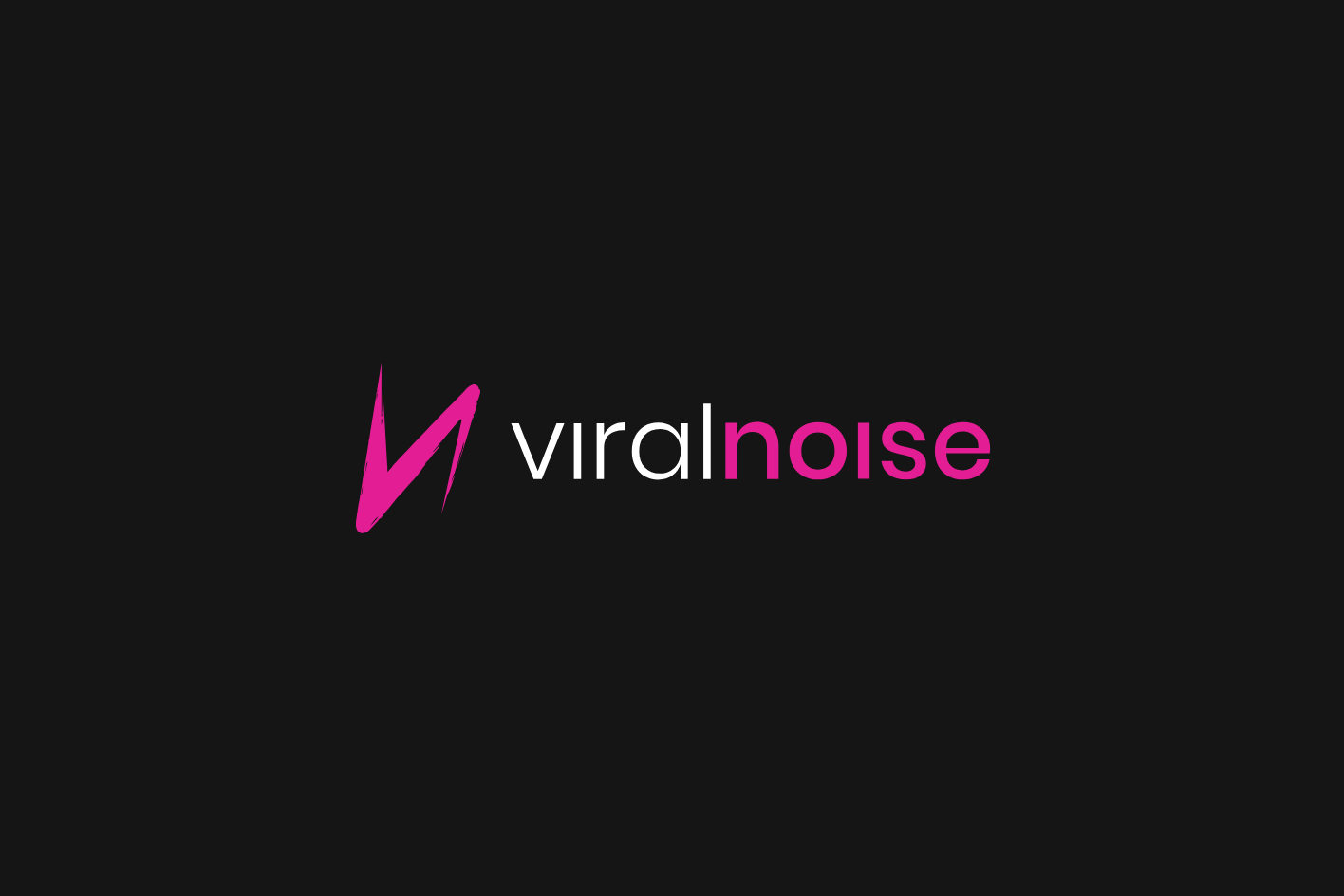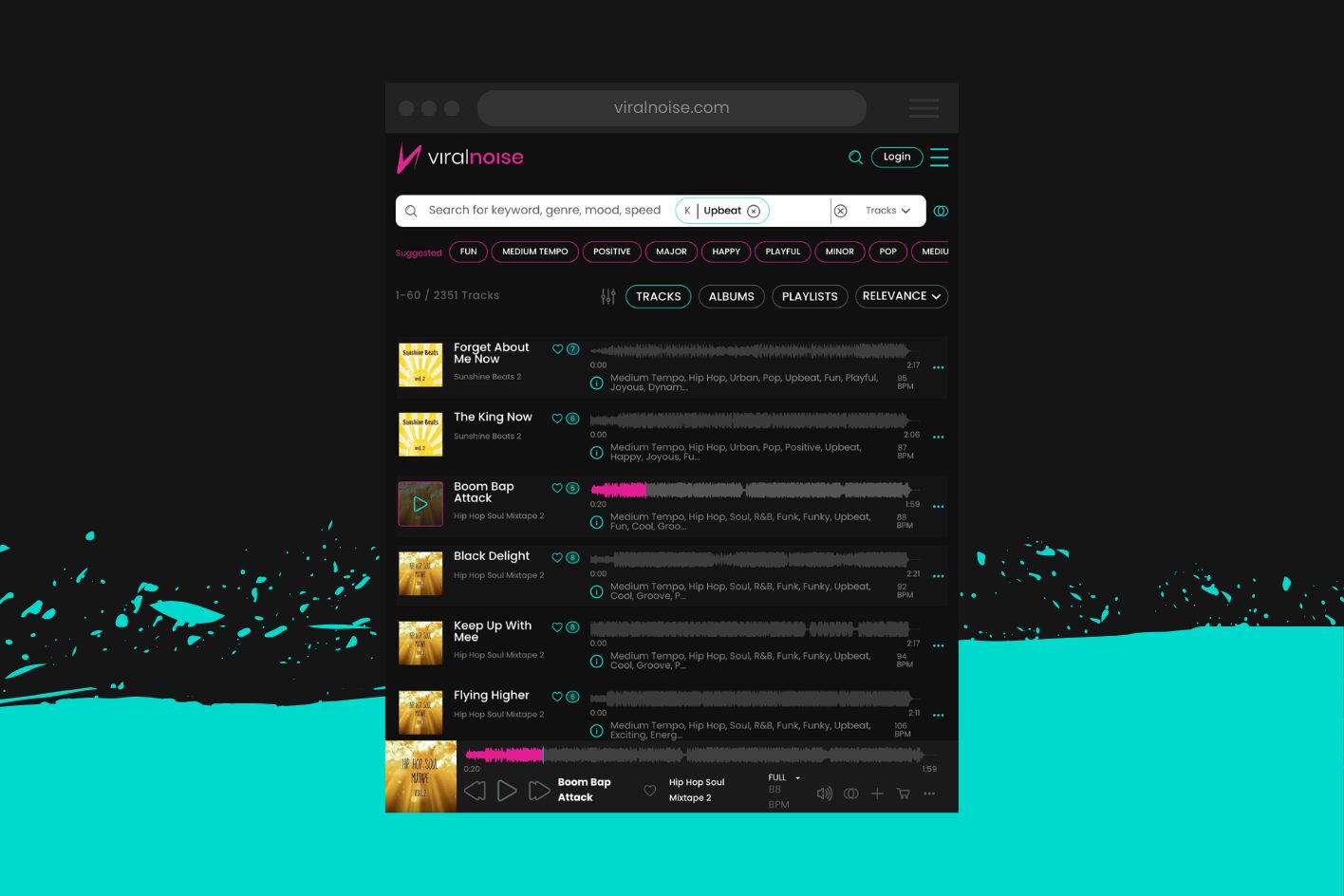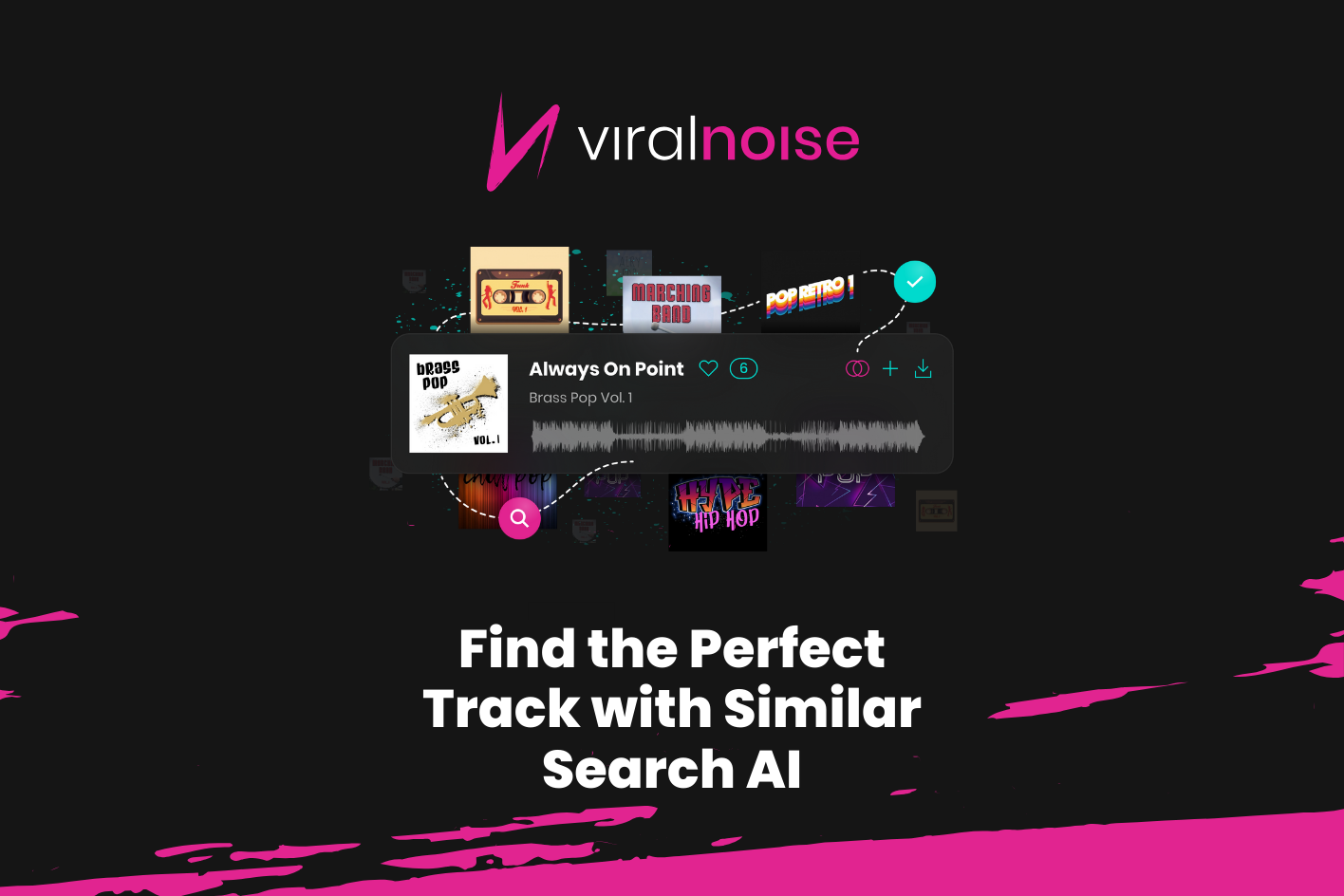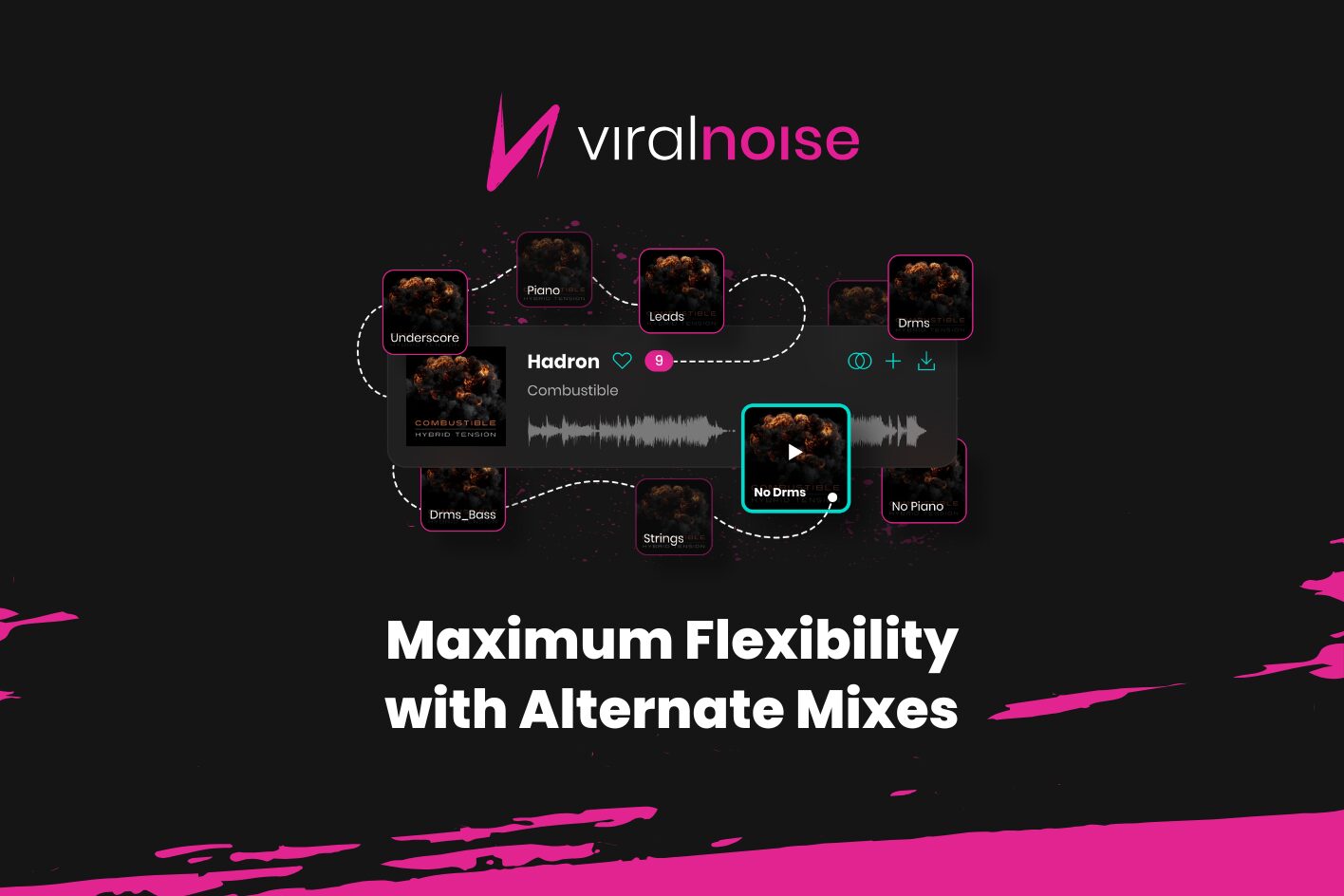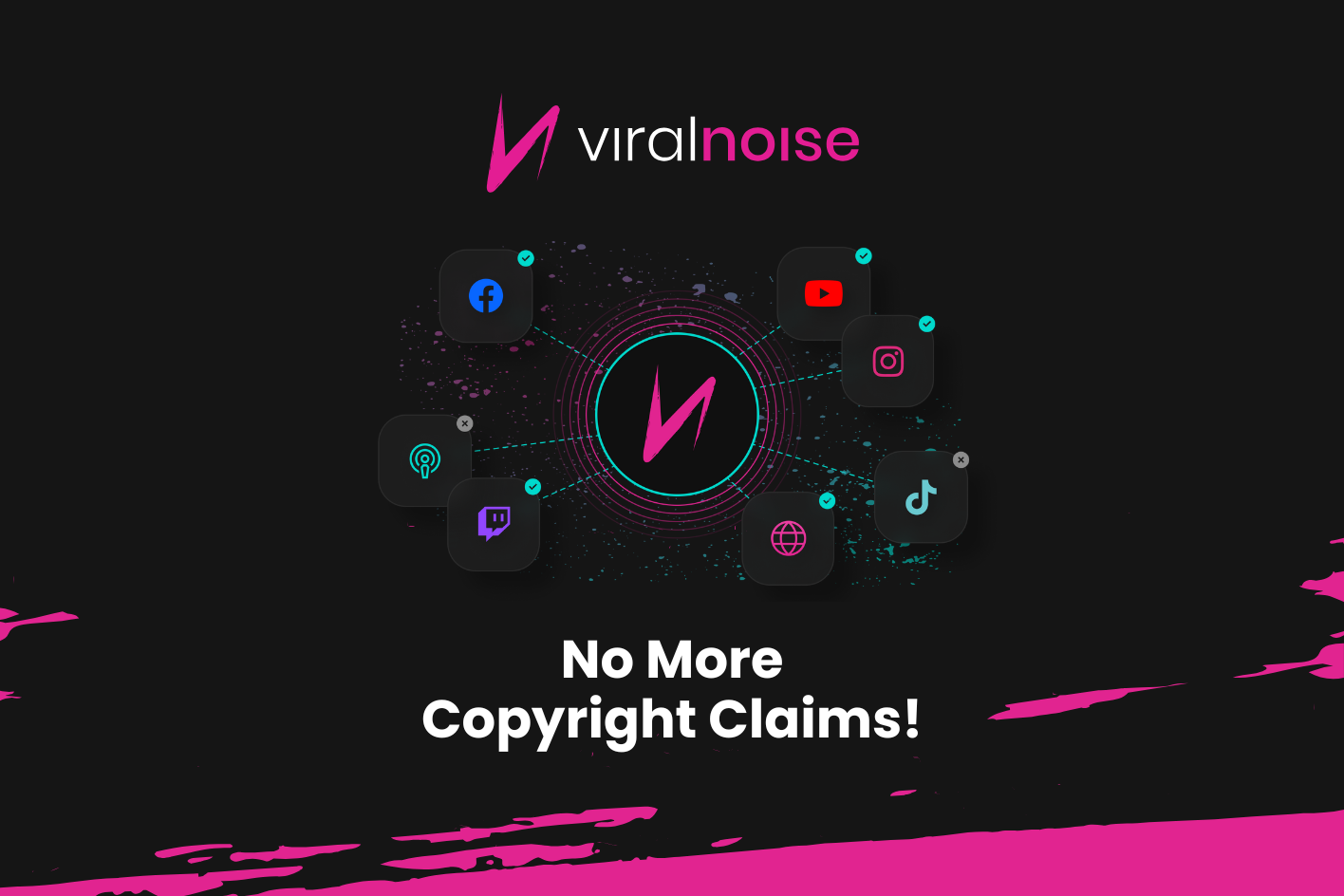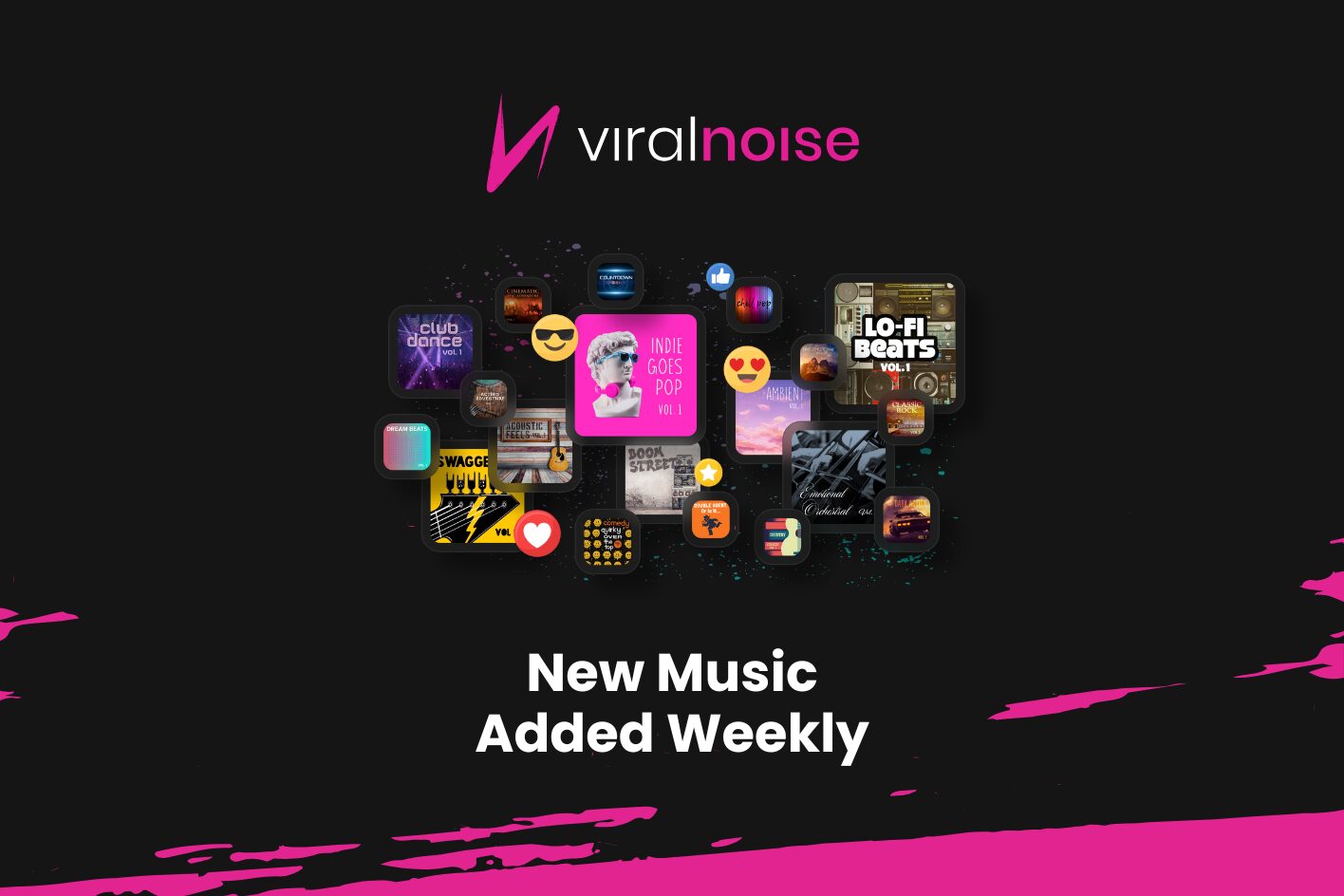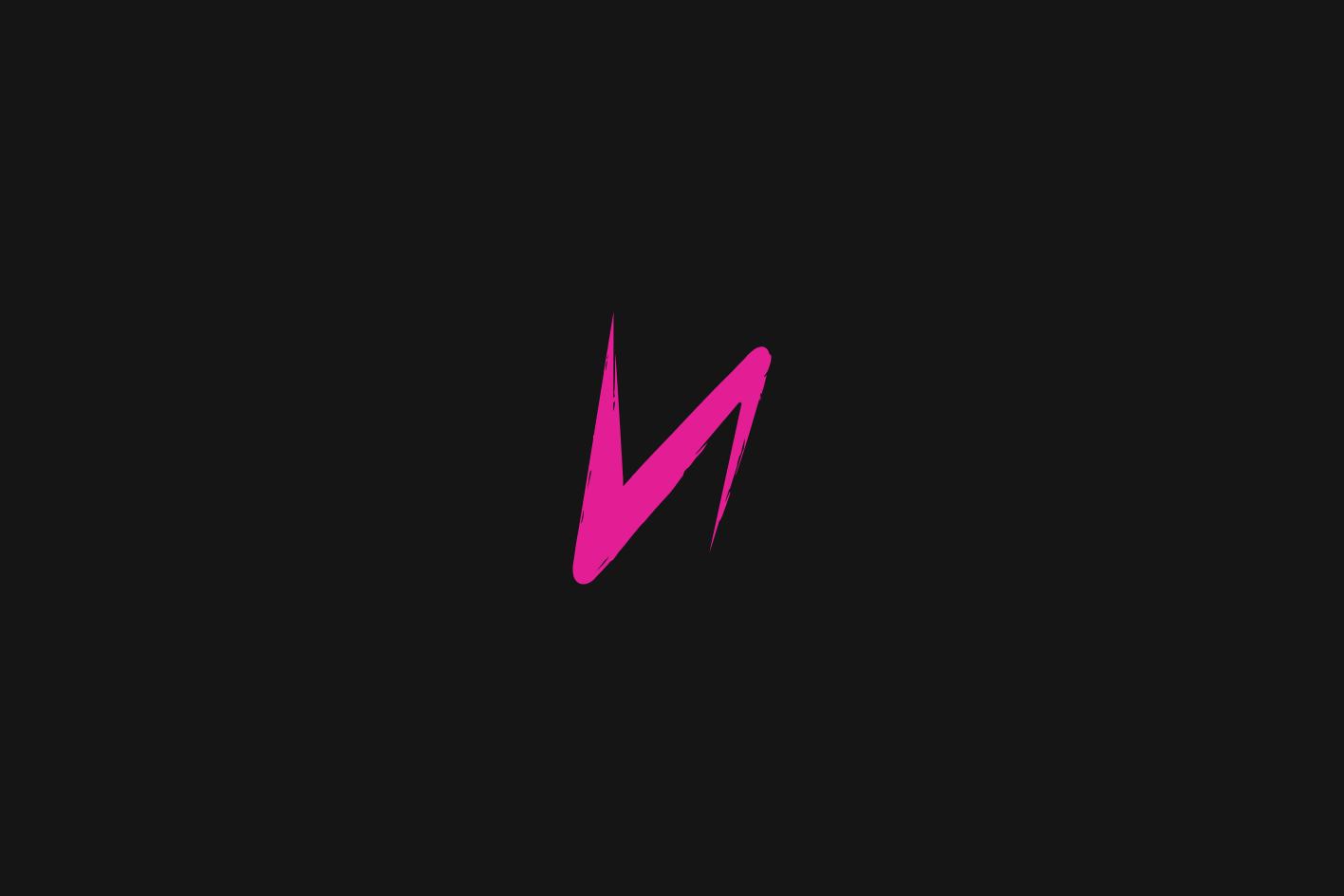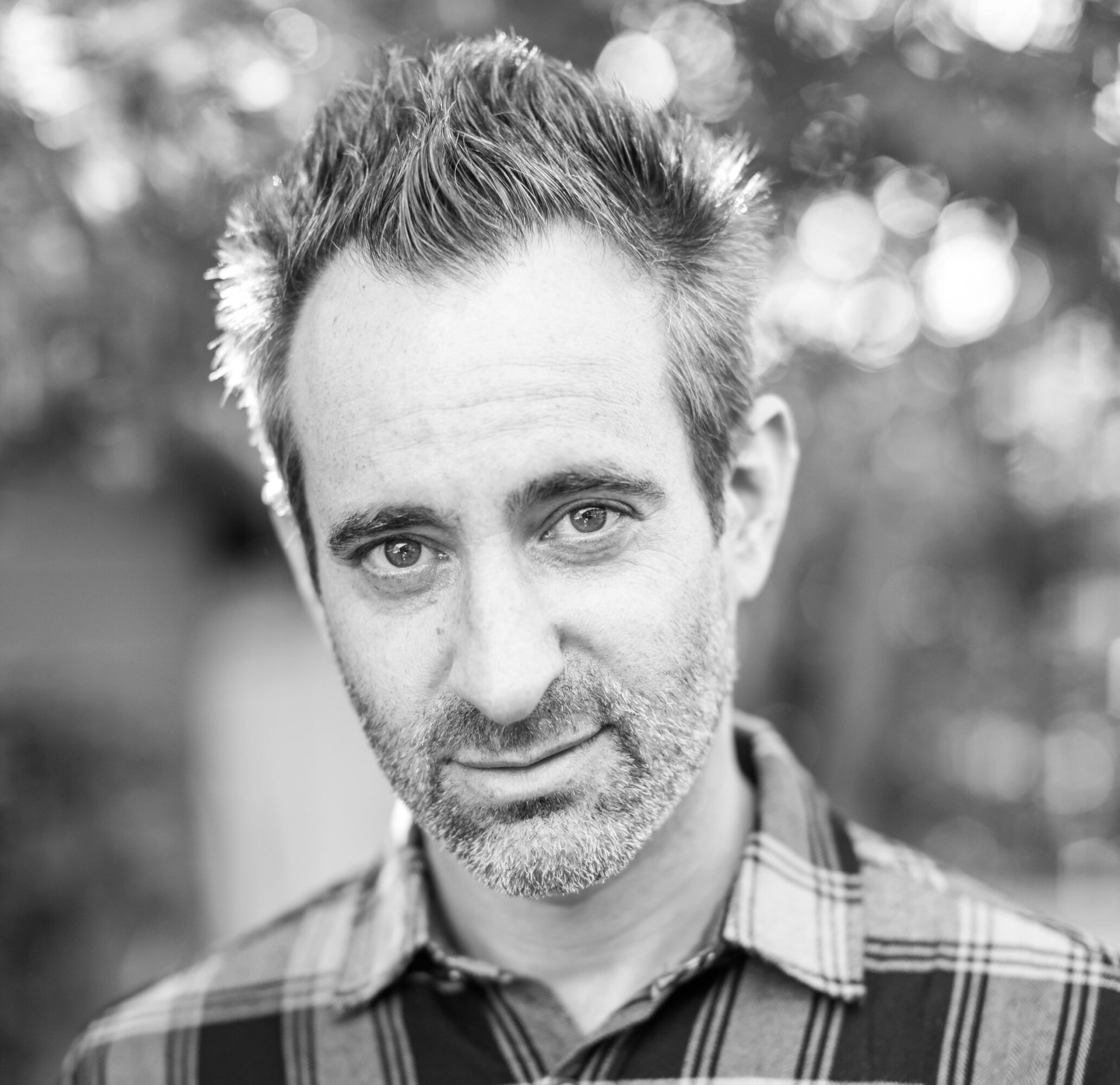

Today we’d like to introduce you to Alec Puro.
Alright, so thank you so much for sharing your story and insight with our readers. To kick things off, can you tell us a bit about how you got started?
My journey in music really began when I started playing piano around age 10, and from there I picked up the drums, which led to many years of being in bands and doing tons of session work. In my early twenties, I had the incredible opportunity to tour and record with legendary artists like Jackson Browne, Cher, and Robby Krieger from The Doors.
The real turning point came when I was about 18. A producer friend of my mom’s who worked on the show Chicago Hope mentioned they license music for each episode and suggested I write some songs to pitch. I collaborated with my friend Inara George from The Bird and The Bee, and we wrote two songs that ended up getting licensed. From that moment, I was completely hooked on the idea of being part of the storytelling process through music.
While I was pursuing composing, I also formed the band Deadsy with my longtime friend Elijah Blue in 1996. Our first album hit #99 on the Billboard Top 200, and we spent a decade touring the world, opening for bands like Linkin Park, Stone Temple Pilots, and Korn, playing iconic venues like Madison Square Garden.
During my time with Deadsy, I was also developing my composing career. I’d bring a portable recording setup on the tour bus to work on scoring projects remotely. My first major breakthrough as a composer came with the 2007 Sundance film The Good Night, directed by Jake Paltrow and starring Gwyneth Paltrow and Penelope Cruz. That really opened doors for me and in 2011, I had two more films premiere at Sundance – The Art of Getting By with Emma Roberts and Freddie Highmore, and Higher Ground, Vera Farmiga’s directorial debut.
As time progressed I recognized the unpredictable nature of the film scoring business so I founded Gramoscope Music a full-service music production company with an extensive and diverse music catalog for licensing. There could be significant downtime between scoring projects, and I needed something to bridge those gaps. Over the years Gramoscope Music has created music for countless major shows like The Real Housewives franchise, Wicked Tuna, Hell’s Kitchen, the NBA 2K video game series, and others.
My scoring career has taken me through diverse projects – from Netflix’s zombie thriller Black Summer to Freeform’s drama The Fosters to the DreamWorks/Hulu animated series The Mighty Ones. Each project has been completely different, which is what I love most about being a composer.
Most recently, in 2025, I launched Viralnoise, a game-changing royalty-free music subscription service. After years of digital creators asking how they could access the same high-quality music we’d been creating for major TV shows and films through Gramoscope, we finally built a platform that makes this Hollywood-grade audio accessible to all creators at every level. It’s really the culmination of nearly a decade of building this premium music library.
Looking back, I feel incredibly fortunate to consistently be able to create new opportunities as the years progress. I know firsthand how hard it is to get a job in this industry, so being able to work creating music for film and television while also building these companies has been amazing.
Alright, so let’s dig a little deeper into the story – has it been an easy path overall and if not, what were the challenges you’ve had to overcome?
Definitely not a smooth road! The music and film industry is incredibly unpredictable, and that’s been one of the biggest ongoing challenges throughout my career.
Early on, the financial instability was really tough. There could be significant downtime between scoring a film or scripted show, and I never knew how long that downtime would last. In some cases, it lasted long enough that I wouldn’t be able to pay my rent. That uncertainty was what initially drove me to start Gramoscope Music, I needed something to bridge those gaps and provide some stability between major scoring projects.
The industry itself is just incredibly competitive. I know firsthand how hard it is to get a job in this business, so every opportunity feels precious. You’re constantly having to prove yourself and create new relationships, never knowing where the next project might come from.
Thanks – so what else should our readers know about your work and what you’re currently focused on?
I’m a film and television composer who’s had the privilege of creating music for over forty-five films, thousands of hours of television programming, and countless advertisements. What I do is essentially become part of the storytelling process through music – whether that’s scoring a zombie thriller like Netflix’s Black Summer, a family drama like Freeform’s The Fosters, or an animated series like DreamWorks/Hulu’s The Mighty Ones.
I’m probably best known for my work on Black Summer, The Fosters, my collaboration with Linkin Park scoring the film MALL, and films like The Art of Getting By starring Emma Roberts and Freddie Highmore, and Higher Ground with Vera Farmiga. I’ve also been part of some incredible projects like having two feature films premiere in competition at Sundance the same year, and playing Madison Square Garden with my former band Deadsy.
What I specialize in is versatility. One of the things I love most about being a composer is that every project is completely different, so you get to switch it up and try new things every time. I might be creating a very dark, atmospheric electronic soundscape for Black Summer, then switching to a driving seventies hard rock sound for The Crew, then doing an organic indie garage rock score for The Mighty Ones. I always start at the piano regardless of genre, then incorporate different sounds and production techniques to get the score where it needs to be sonically.
But I think what really sets me apart is that I’m not just a composer – I’m also an entrepreneur who understands the business side of music. I founded Gramoscope Music because I recognized the unpredictable nature of scoring work. That company has created music for countless major productions like The Real Housewives franchise, Wicked Tuna, Hell’s Kitchen, and the NBA 2K video game series and we have a massive catalog of music spanning all genres for licensing.
Most recently, I launched Viralnoise in 2025, which I’m incredibly proud of because it’s completely democratizing access to Hollywood-grade audio. For the first time ever, we’re giving YouTubers, TikTok creators, podcasters, filmmakers, and game developers access to the same music and sound effects that have been used in major TV shows, blockbuster films, and big-budget advertisements. The Viralnoise platform has over 40,000 music tracks and 30,000 sound effects.
Risk taking is a topic that people have widely differing views on – we’d love to hear your thoughts.
I think being in the entertainment industry inherently requires a high tolerance for risk – you’re essentially betting on yourself in an incredibly unpredictable business where there are no guarantees. But I’ve learned that sometimes the biggest risks are also the most necessary ones.
The first major risk I took was starting Gramoscope Music. Starting a company when you’re already financially stretched was terrifying, but it was also born out of necessity. I essentially bootstrapped Gramoscope with whatever resources I had, betting that I could build something that would provide stability.
That risk paid off in ways I never could have imagined. It gave me the creative freedom to explore various film and television projects I might not have been able to do without the support of the company and my team.
The second major risk was launching Viralnoise in 2025. This was a completely different kind of gamble – we were essentially flipping our entire business model from traditional licensing deals with networks and studios to serving YouTubers, TikTok creators, and indie filmmakers through affordable subscriptions.
What I’ve learned is that the biggest risk is actually playing it too safe. If I had just stuck to one thing, I would have been much more vulnerable to the industry’s volatility. By diversifying – composing, licensing, building companies – I’ve created multiple ways to sustain and grow my career.
Pricing:
- Viralnoise Individual Plan starts at $8.99 monthly
- Viralnoise Freelance Plan starts at $18.99 monthly
- Viralnoise Company Plan starts at $44.99 monthly
- Viralnoise Enterprise Plan – Contact for quote
Contact Info:
- Website: https://www.viralnoise.com
- Instagram: https://www.instagram.com/viralnoisemusic
- Facebook: https://www.facebook.com/viralnoiseofficial
- LinkedIn: https://www.linkedin.com/company/viralnoise
- Youtube: https://www.youtube.com/@viralnoisemusic
